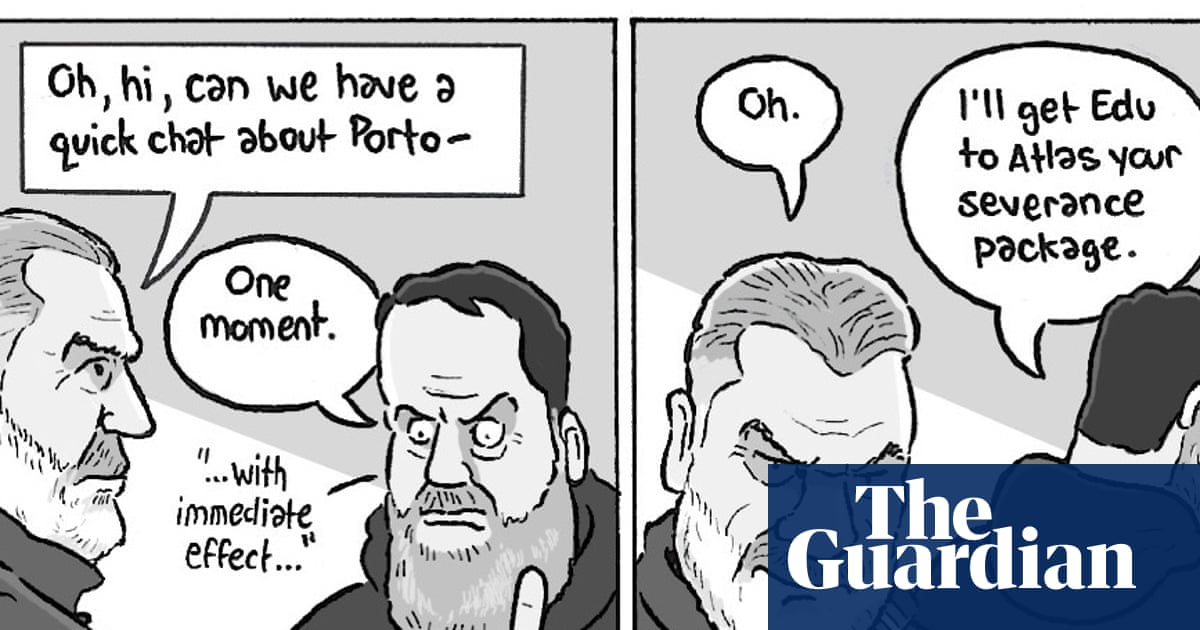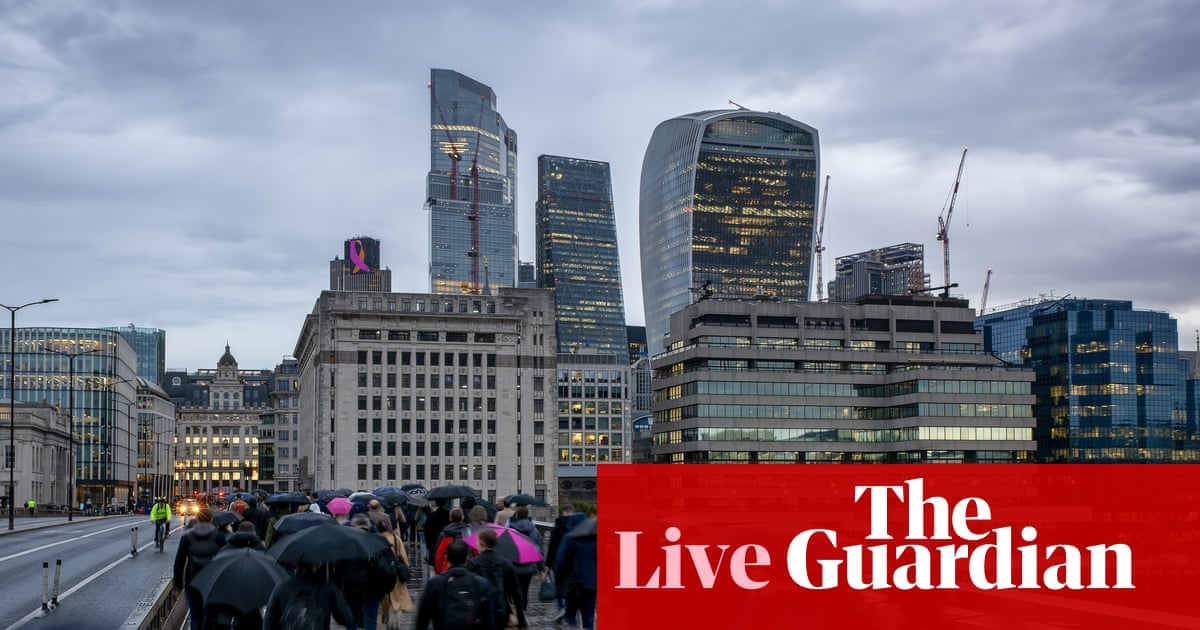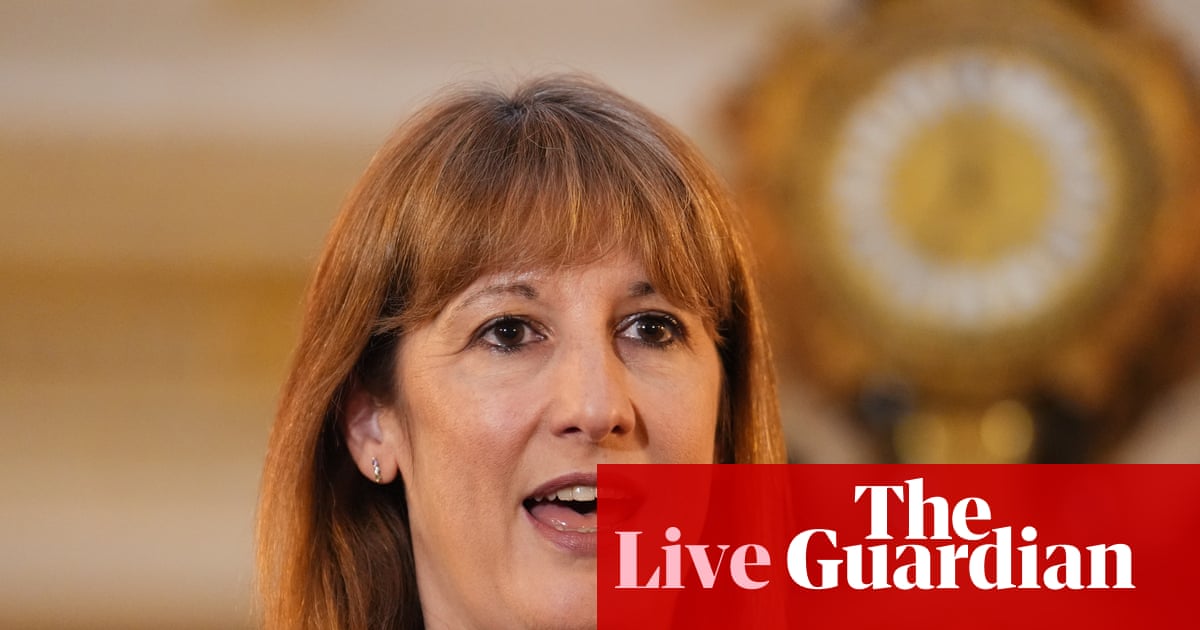To use a football analogy that he might appreciate, the first year of Sir Keir Starmer’s premiership has been a game of two halves. Domestically, grievous strategic mistakes have been made. On the foreign stage, however, an approach that Sir Keir likes to style as “quiet, serious diplomacy” has yielded some tangible results.
For the most part, this week’s state visit by Emmanuel Macron further showcased the benefits of leaving behind the blowhard politics of the post-Brexit years. Sir Keir and the French president used the occasion to pledge greater cooperation on security and strengthened their joint commitment to safeguarding Ukraine’s future as a sovereign independent state. But the biggest take-away from Mr Macron’s trip launched the prime minister straight back into toxic domestic terrain.
The announcement of a “one in, one out” migrant returns deal with France represents the government’s most high-profile attempt to halt the Channel crossings, which led last year to a record 86 deaths at sea. In the spirit of a renewed “entente amicale”, Mr Macron has agreed to the automatic return of a small proportion of migrants reaching Britain on small boats. In exchange, the UK will offer safe routes from France for an equivalent number of asylum seekers. The prime minister hopes this agreement can work sufficiently well to be scaled up, acting as a deterrent to those currently willing to risk their lives to reach our shores.
The stakes, both ethically and politically, cannot be overstated. Sir Keir is absolutely right to suggest that Labour must combat the performative outrage of Nigel Farage and Reform – to which he has at times lamentably pandered – with a more humane, “social democratic” response to the Channel crossings. As the Guardian’s reporting has this week underlined, the desperate situation of refugees on the French coast shames political authorities on both sides of the Channel. But whether this week’s deal constitutes such a response is much less clear.
Most obviously, it is difficult to see how a pilot scheme targeting only a very small proportion of arrivals can ever offer “proof of concept” of deterrence. Many migrants using irregular routes, having already risked so much, will surely choose to take their chances as before. The selection procedure for those to be sent back to France is also murky, and returns decisions will almost certainly be subject to legal challenge. Implementation of the plan will ultimately depend on the verdict of the European Commission as to its legality. Italy, Spain and Greece have already made their objections known.
Delay and confusion would only lead to more gruesome headlines for Labour. In one respect though, Sir Keir was justified in describing the scheme as “groundbreaking”. For years, Conservative governments have attempted to stop Channel crossings through devising unjust and unworkable deterrence measures such as the Rwanda scheme. The only result has been a rising toll of human misery.
By agreeing for the first time to expand safe routes to Britain for asylum seekers – albeit on a tiny scale – the prime minister offered a glimpse of a different, more compassionate solution. Going further, in cooperation with countries of origin and European partners, would be the most effective way to undermine the business models of people-smugglers, especially if combined with meaningful levels of aid to the world’s poorest countries. Labour should be focusing more on how it lets refugees in, and less on how it can find new ways to kick them out.
-
Do you have an opinion on the issues raised in this article? If you would like to submit a response of up to 300 words by email to be considered for publication in our letters section, please click here.

 3 months ago
172
3 months ago
172

















































